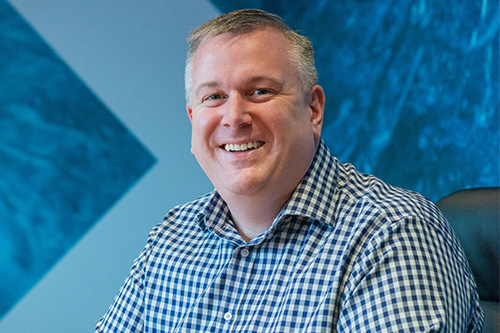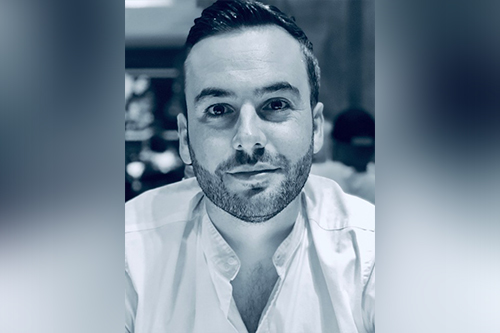

Last week Insurance Business spoke with several insurance companies to examine how the societal good of insurance has been highlighted by the response of businesses operating within the sector to the coronavirus outbreak. Evaluating the work being done by these businesses to support their customers and partners, however, is only half of the equation. Also essential is an analysis of how insurance companies are supporting their staff during this crisis and the impact that such support, or lack thereof, may have on their talent attraction and retention capacities in the future.
Communication is key to supporting staff during the crisis, CEO of Personal Group, Deborah Frost (pictured above) stated, outlining how Personal Group is running regular company-wide live broadcasts, as well as a company newsletter and a company mobile app to ensure that all staff are kept up-to-date. This allows all members of the organisation to see that the business is still functioning as normal, she said, and also to come together as a team.
“It’s also important to remember that people have things going on outside of work,” Frost said. “They are still having children, now schooling children, getting divorced, dealing with health concerns or caring for elderly parents. These pressures, on top of the current crises, can make things seem unbearable. Line managers are there to support our teams as well as manage them.”
As a company, trying to embody best practice means putting into place all of the best of what it sees in the market, but also putting the simple motif of ‘do the right thing’ at the heart of all its decision-making.
Simon Mabb (pictured immediately below), managing director of Romero Insurance Brokers, believes that the most essential asset of a brokerage is its people and outlined the work being done by the business to support its staff in any way possible. The majority of employees are now working remotely, he said, but they can also continue to be supported via wellbeing initiatives such as downloadable mindfulness sessions, a free self-care webinar and regular newsletters from the wellbeing team.

“It’s important our team feel in-touch with what’s going on, and know that support is available should they need it,” he said. “Just because people are working remotely, doesn’t mean workplace culture has to suffer at all. In fact, quite the opposite. We’ve been overwhelmed by the positivity and support of our staff at this difficult time – we’re so proud of everyone pulling together and working as a team to get through this.”
As a relatively young tech and insurance business, Goodlord has been well-placed to adapt to the operational challenges COVID-19 has presented, according to Oli Sherlock (pictured below), head of insurance for the business. The agility built into the business model of the company allowed it to quickly implement remote working procedures ahead of the lockdown, he said, giving Goodlord the time to adjust to the circumstances and to provide support to its team as well as its customers.

“Remote working has been challenging for a lot of people, from having children at home that are usually at school, to spending more time alone and feeling disconnected,” Sherlock said. “We’ve got regular remote pub quizzes and coffee mornings for those who just fancy a chat, as well as how-to guides and activities to help everyone to stay engaged, motivated and well during this challenging time.”
Talent retention is one of the main priorities for Goodlord’s ‘people team’ every quarter, Sherlock said, and he likes to think that the companies which look after their staff during the coronavirus pandemic will see a positive result when it comes to retaining staff in the future. He noted, however, that talent retention is multi-faceted and fundamentally comes to down to people staying in a job if they feel challenged, supported and aligned to the company and its goals.
“Companies that are able to provide holistic support during this time are likely to find staff feel more engaged and more aligned to the wider business in the long-term. The working from home period is a great time to encourage employees to work on personal development projects too. This will help to keep them feeling challenged, and engaged,” Sherlock said. “This crisis will end and we want an engaged team by the time it does.”
Frost believes that the way that insurance companies respond and work with the wider community will last much longer than the crisis itself. Staff will be more motivated if they know their employer is doing the right thing and having a positive impact on the wider world, she said, and for Personal Group this has meant standing by its mission of protecting the unprotected and connecting the unconnected.
“Businesses will rebuild following the pandemic,” Mabb said, “and will need great people helping them to recover and grow. Look after your people now, and they’ll look after your business once the pandemic passes.”
